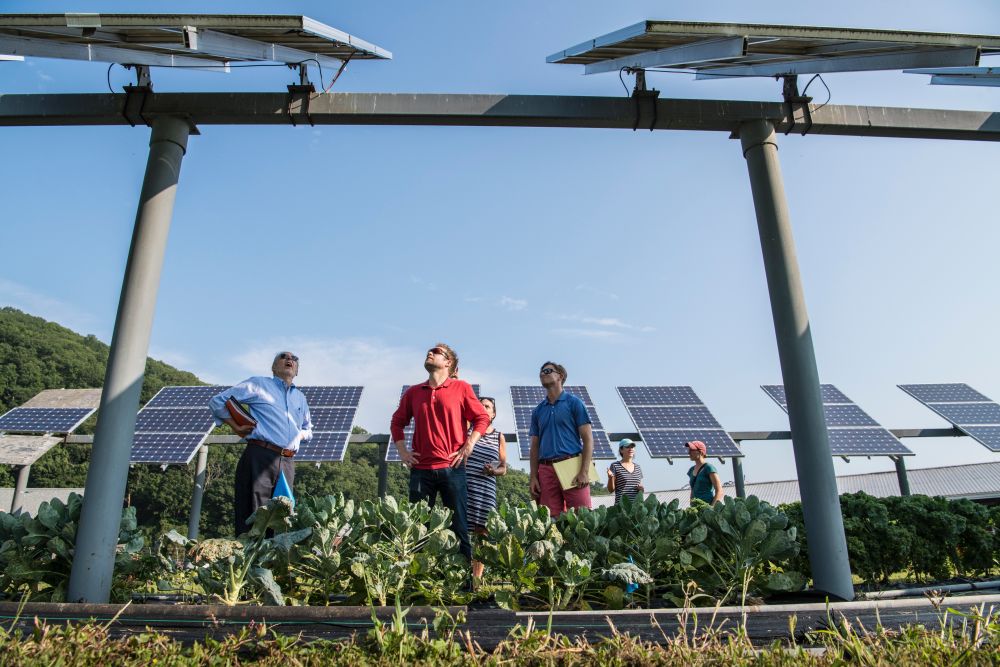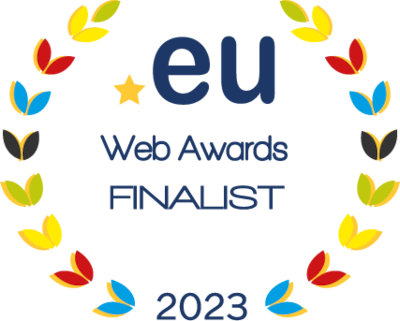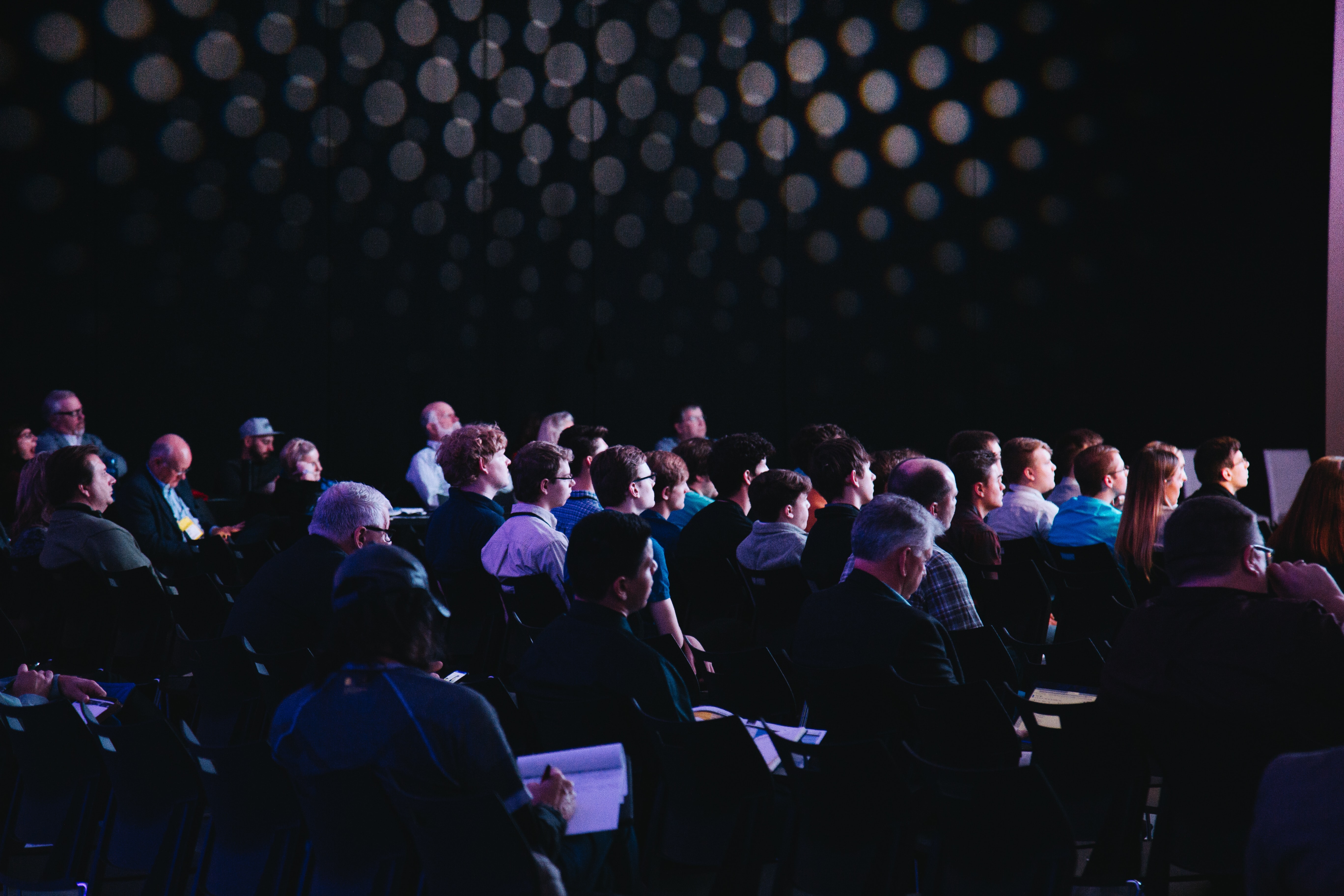
After the transposition deadline: characteristics and needs of energy communities in Eastern Europe.
02 Jul 21, 10:00-11:30
- Online
Within 30 June 2021, Member states are requested to transpose their national law the recast Renewable Energy Directive 2018/2001/EU (RED II). The directive is a stepping-stone that recognizes among others, the possibility for citizens, local governments and SMEs to actively participate in the energy market and contribute to achieving the higher EU climate ambition for 2030 by introducing the legal entity of Renewable Energy Communities (RECs).
The webinar, happening right after the deadline for transposition, wants to offer an overview of the work carried out across EU member states in including RECs within their national law, with a particular focus on Eastern countries. Experts from Bulgaria, Czech Republic and Croatia will contribute to the discussion.
The Speakers
ANDREAS TÜRK works since at the institute of energy research at JOANNEUM RESEARCH. His research areas are national and international climate policy and the Kyoto project mechanisms.
In DECIDE, Andreas is part of the team that monitor from the one hand side the development of European and national policies and new business models in the energy sector with focus on those related to the possibilities for communities to actively participate in the energy market.
PROF. MARIYA TRIFONOVA is an assistant professor at the Department of Industrial Economics and Management at "St. Kliment Ohridski university in Sofia, Bulgaria where she investigated the role of the institutions in the transformation of energy industry towards renewable energy-based sector by using conceptual frameworks from innovation and transition studies, management studies, and institutional theories.
JIŘÍ KARÁSEK graduated from the Faculty of Civil Engineering at the Czech Technical University in Prague, continued his doctoral studies at the same faculty and, in 2012, successfully defended his doctoral dissertation on Energy Efficiency Modelling during the Building Life Cycle. In 2019, defended his habilitation on Energy Efficiency Economy. He worked at the State Environmental Fund in the Department of Program Strategies of the Green Investment Scheme section as a RES and energy savings specialist for two and a half years. He has been working for SEVEn since 2012. He participates to a number of national and international projects and specializes in the construction and low-energy buildings sector in terms of subsidies and support programmes, economic aspects of reducing energy consumption in buildings and greenhouse gases, and implementing building related legislation. Currently coordinates H2020 project on capacity building called CraftEdu, nationally coordinated energy communities’ development in Congregate EUKI project.
SEVEn, the Energy Efficiency Center was established in 1990 in Prague. SEVEn Energy is the founder of the non-profit company SEVEn, The Energy Efficiency Center. Both companies work together to fulfil their original mission: protecting the environment and promoting economic development through more efficient use of energy.
GORAN CACIC is a senior technical expert at GEC after over 15 years working as International Chief Technical Advisor (CTA) on Energy Efficiency in Public Buildings gaining extensive experience in energy management and sustainable energy, capacity building activities and set up of improved operational processes and organizational structures for continuous, active and sustainable resource and energy management. Lately my research and learning focus is on the role and effects that behavior change has on energy conservation projects.
Goran has been project manager and one of the lead expert within the team responsible for establishment of the national Energy Management Information System (EMIS) in Croatia – a database with technical and energy consumption data that now includes more than 14 000 public buildings across Croatia.
Green Energy Cooperative (ZEZ) is a Croatian cooperative that was founded by current and former employees of the local companies and organizations that are working in the field of energy and environmental protection. With its 22 members, it deals with planning, development, management and financing of renewable energy sources and energy efficiency projects aiming at demonstrating that a sustainable market system based on renewable energy is possible, and that the energy sector can be put to service of citizens and other economic activities. The engagement of local community is at its core.
All events


